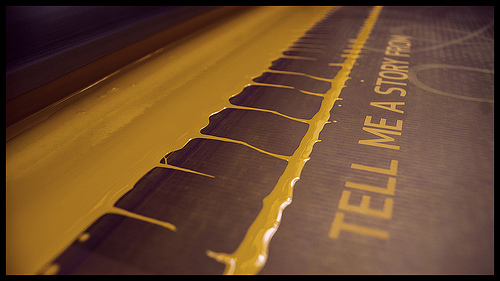Tag: Stories
-

Faitheist: A Lesson for Pagans in Storytelling
Faitheist serves as an example to Pagans, polytheists, Witches, Druids and Heathens (I think it’s time we get our own LGBTQAI abbreve, no?) of the impact and power that storytelling can have on furthering our ideals. Browse the bookshelf at a local metaphysical bookstore, and you will find book after book which explains the hows […]
-
One God, Two Gods; Red God, Blue Gods
What if it was all true? ALL of it – more than you ever imagined before. Could you be flexible enough to believe in everything?
